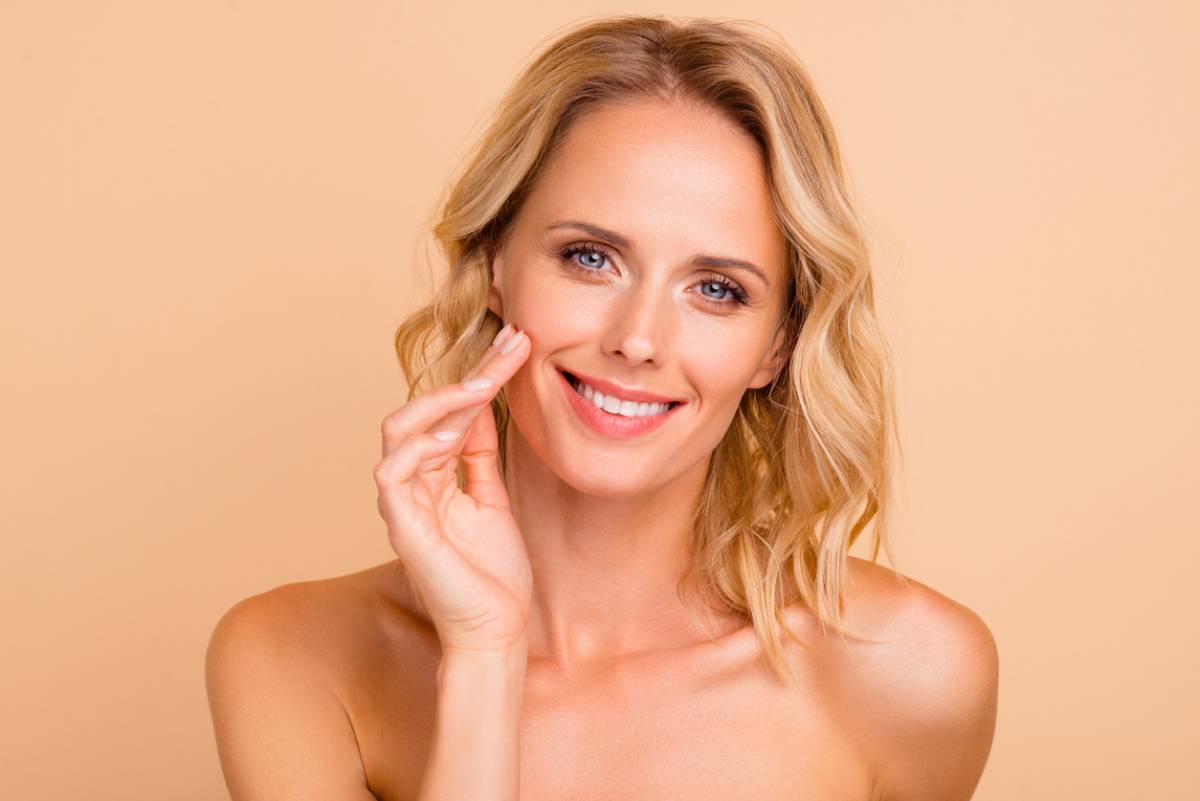Why Does Your Skin Age?

Skin aging is due to a variety of factors and is ultimately inevitable. However, in order to slow down the effects of natural aging, it’s important to understand the process of skin aging. Genetics, lifestyle factors, and pollution can all take a major toll on your skin. Below you will find more information on why your does your skin age and what you can do about it.
Anatomy of Your Skin
Three layers make up your skin, including the epidermis, dermis, and subcutaneous tissues. The skin’s surface is referred to as the epidermis, and it is not only tough but water-resistant due to its richness in keratin. Your skin’s surface is where dead cells are shed. The second layer is referred to as the dermis and is much thicker than the epidermis. It has nerves, fat, blood vessels, elastin, and collagen fibers. Lastly, the deepest layer is referred to as the subcutaneous layer and is composed mostly of fat.
Extrinsic v Intrinsic Aging: Why Does Your Skin Age?
Why does your skin age? There are two types of aging when it comes to your skin, including extrinsic and intrinsic. Intrinsic aging is the natural aging process that is unrelated to external factors. The second layer of your skin is where collagen is produced. The amount of collagen the dermis produces each year reduces starting at the age of 20. This results in the collagen and elastin fibers becoming aged and results in saggy and wrinkled skin.
Exfoliation Process
The skin’s exfoliation process also diminishes in your twenties, which means that the skin turns over less. Then, in your thirties, the moisture transfer from your dermis to the epidermis reduces, which results in your skin looking duller. In your forties, collagen production completely stops. Once you hit your fifties, the skin becomes drier because the oil glands have reduced in size. Despite the natural aging process, there are ways to slow it down, as external factors play a huge role when it comes to your skin.
Extrinsic aging can be controlled because it results from environmental damage. It presents as a thickening of the outermost layer, freckles, sun spots, and losses in collagen and elastin. These cause your skin to look rough, uneven, and wrinkly. Free radicals cause these changes in your skin. External factors such as pollution, smoking, and sun exposure generate free radicals. This is why antioxidants are so important as vitamin C and E can protect your skin from free radicals.
Skin Treatment for Aging
Chemical peels are one of the most effective treatments for aging skin. They are a safe and comfortable option that can drastically rejuvenate your skin. Chemical peels in Tampa remove the outer layer of your skin that is damaged and allow the fresh new skin below it to shine through. The treatment can help with enlarged pores, fines lines, wrinkles, and sunspots. Depending on your unique skin care needs, there are a variety of chemical peels that can help improve the look and feel of your skin.
Dermatologist in Tampa
If you are concerned about your skin looking aged and are considering treatment options, contact Dr. Milan Lombardi at Lombardi Institute of Dermatology. Dr. Lombardi has been working with patients for years, helping them with various skin and dermatological issues, including dull and aged skin.
Dr. Lombardi and his team are focused on addressing your concerns and providing you with the most effective treatment options. Chemical peels are an effective cosmetic treatment that has helped numerous patient’s skin look and feel years younger. No matter what your aesthetic goals are, Dr. Lombardi is equipped with the experience to help you achieve your desired look. Contact the best dermatologist in Tampa today for a consultation!



